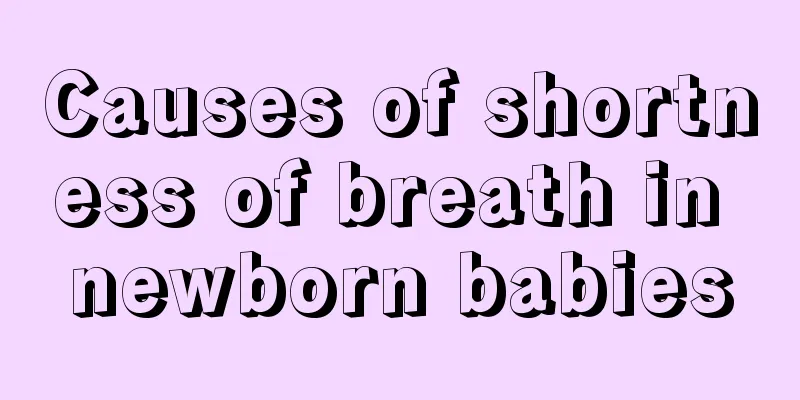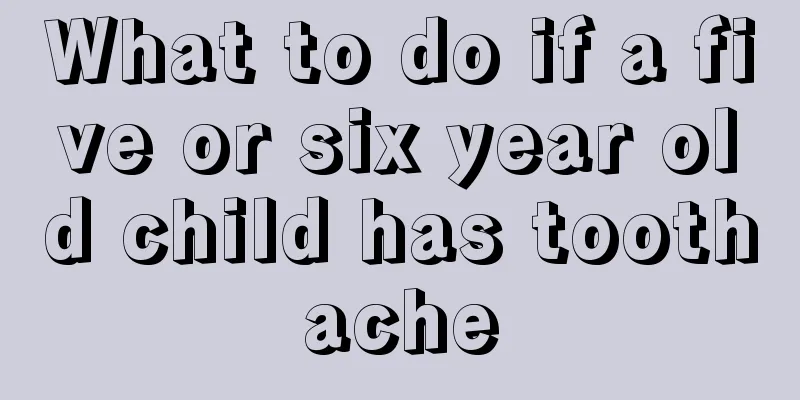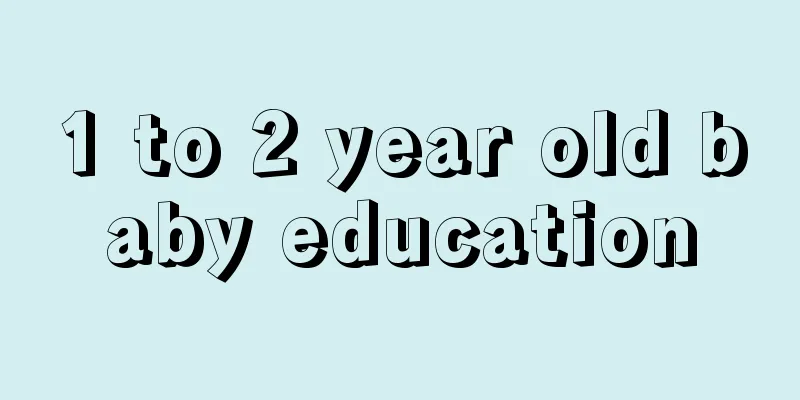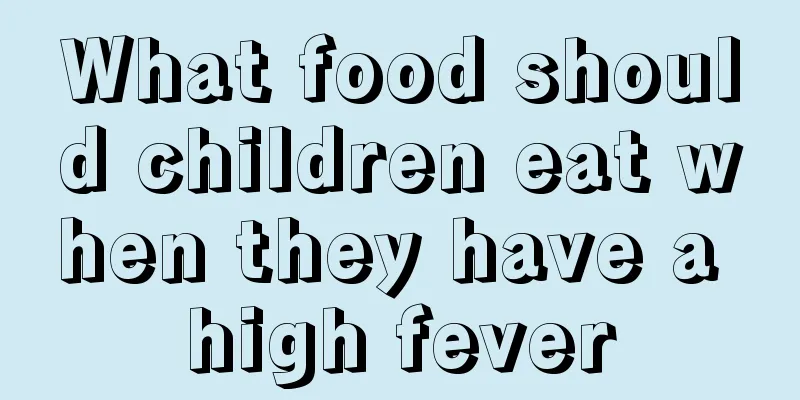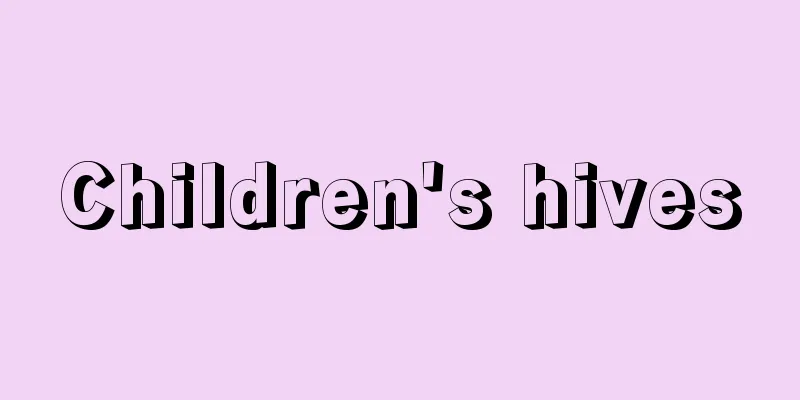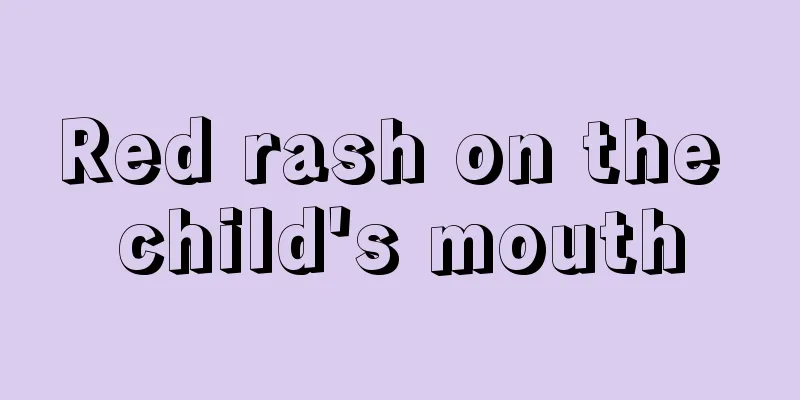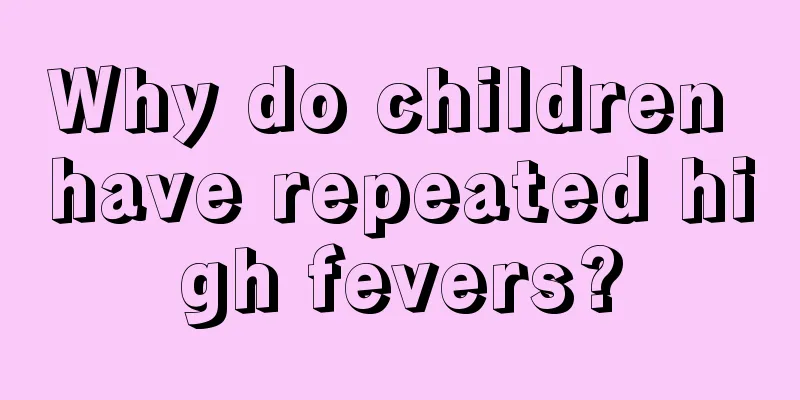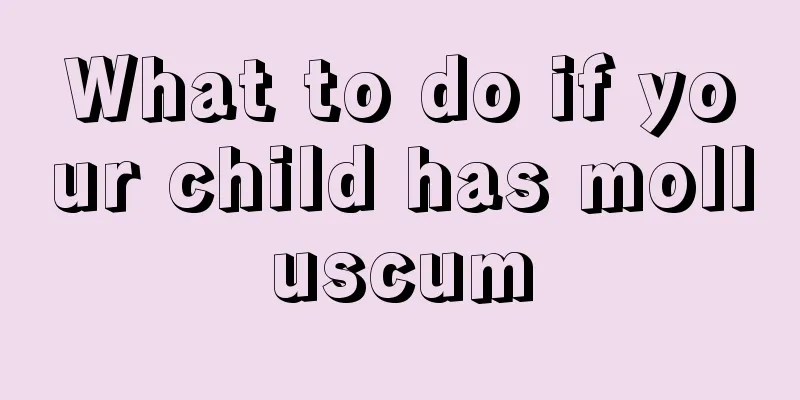What’s wrong with my 3 month old baby drooling?

|
When the baby is 3 months old, he will drool every day and often blow bubbles. Baby drooling is a very normal physiological phenomenon, it is not a disease. When the child gradually reaches 3 years old, the baby's swallowing and chewing movements and central nervous system are further improved, then the drooling will slowly disappear. So what is the reason for the frequent drooling of a 3-month-old baby? Drooling is generally a normal physiological phenomenon and does not require medical treatment. Abnormal drooling, called sialorrhea or hypersalivation, is common in infancy. A few cases are caused by ulcers or dysfunction of saliva regulation and secretion. Causes of abnormal drooling: oral ulcers, bites, throat inflammation, and neurological disorders. Drooling is common in children aged 6 months to 3 years and is mostly normal. It is uncommon for newborns to drool. Because the salivary glands of newborns are underdeveloped and saliva secretion is very little, saliva secretion begins to increase at 3 to 4 months. After 6 months, due to changes in diet, the nerves are stimulated, causing increased saliva secretion, and drooling begins to occur. In addition, babies have shallow mouths and cannot regulate excess liquid in their mouths, so drooling occurs. As they grow older, their teeth erupt, the depth of their mouths increases, and infants and young children gradually learn to control excess saliva by swallowing, and the drooling phenomenon gradually disappears. The above drooling is normal. However, some children drool and cry and are restless, refuse to eat, and cry more severely when eating, or have a fever. At this time, you should carefully check the oral mucosa, i.e. the tip of the tongue, cheeks, and lips for ulcers. Ulcers can cause pain and increased salivation leading to drooling, and should be treated promptly. Some drooling is caused by sequelae of encephalitis, facial nerve paralysis and cretinism, which lead to disorders in regulating saliva secretion and swallowing function. In this case, you should go to the hospital for a clear diagnosis and treatment. If the baby still has this problem after he or she is older, it is recommended to ask a doctor to check him or her to rule out certain local oral diseases or diseases caused by the central nervous system. The baby's oral cavity is relatively small and shallow, and the swallowing reflex function is not very sound. |
<<: What should a one-week-old baby eat?
>>: What should I do if my 3-year-old child drools?
Recommend
What is the standard for children's hypertension?
Many people think that only adults or the elderly...
What to eat for children with gastritis
Gastritis in children is a very common gastrointe...
What dietary treatment should be used for children with cough and phlegm
What should you do if your child has a cough? You...
What are the causes of high blood sugar in newborns?
Newborns are the hope and future of their parents...
Why do children like to stick out their tongues?
After the baby is born, as the baby's age inc...
What to do if your baby has hard and dry poop
When babies start to eat complementary foods, it ...
Why does my child’s feet hurt in the middle of the night?
Children are very easy to be infected by viruses ...
How to regulate the phlegm in the throat of children that they always feel?
Winter is a very dry season with relatively littl...
Why are the whites of the newborn's eyes yellow?
There is a saying that goes, eyes are the windows...
What to do if your child has a fever of 39 degrees
Colds and fevers are the most common diseases amo...
What causes a child's hoarse voice?
Many parents often find that their children have ...
Baby gastrointestinal care
Babies' physical changes are relatively large...
How to relieve a 10-year-old child’s poor sleep?
The importance of sleep to children's physica...
What to do if your child has intestinal gas? Do these things
Hernia is also commonly known as hernia. It is a ...
What should children eat to grow taller quickly?
Nowadays, children are the pride of every family ...
